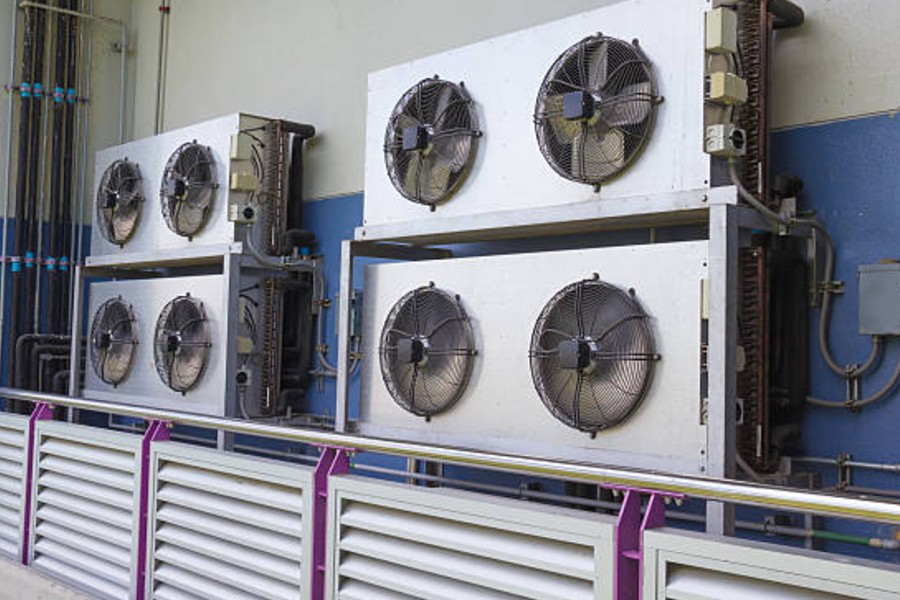
Getting the right price for concerts, sports or any event tickets is crucial for organizers.
In today’s world of pricing analytics, understanding the relationship between the price of the ticket and sales is fundamental to maximizing revenues. However, figuring out the relationship or the sweet spot of ticket pricing might seem complicated, but in reality, it’s a matter of knowing your market, competition and analyzing data. In this article, we’ll explore and analyze the impact of ticket prices on sales and their relationship in between.
Research Your Market and Competition
The first step in analyzing the relationship between ticket prices and sales is to conduct market research. Start by researching the demand for similar events in your area, and figure out who is attending those events. You can check recent ticket sales data for similar events, review industry publications, and look into local city or state event calendars. When you understand your competition, you can identify gaps in the market and price your tickets accordingly.
Identify Your Sales Channels
Next, identify the sales channels for your event. Though selling your tickets online is the most convenient way to sell, it’s also competitive. Explore other sales channels by considering offline/promotional activities or partnerships with local events, local restaurants, or bars.
Set the Right Price Points
Setting the right price points is essential to maximize sales. You can use a pricing strategy that offers multiple pricing tiers or bundling offers that involve packages of tickets or merchandise. Further, you need to consider several factors when pricing your offerings, like your production cost, market share, competitive pricing, and overall consumer behavior.
Track and Analyze Your Ticket Sales Data
Analyzing your ticket sales data is crucial to determine the relationship between ticket prices and sales. You can track your data in different ways, for example, Google Analytics or Eventbrite’s reporting features. Begin by looking at which price points are selling the best and the worst, and compare that data over time. Understanding the lifetime value of your customers will help you decide the pricing, positioning, and marketing techniques for future events.
Don’t Forget to Experiment
Lastly, once you’ve conducted your research and put all your strategies in place, it’s time to experiment. Continue testing new pricing strategies to understand how attendees respond to different price points or packages. Experiment with discount codes, early bird prices, or bundle packages to attract more sales.
In conclusion, finding the right ticket price is not a straightforward science; it’s about knowing your audience, competitor’s pricing, and analyzing ticket sales data. With the right strategic approach and data insights, you can get a clear understanding of the relationship between ticket prices and revenue. By keeping track of your ticket sales data, optimizing your pricing strategies, and experimenting with promotions, you can maximize sales and revenue for any event.
This content is part of the HWM Partnership.
Latest Posts
- The Ultimate Guide To Customizing Your Cubicle Partition For Comfort And Style
- Eco-Friendly Cubicle Partitions: Sustainable Office Design Ideas
- Sponsored Love: Luther Never Too Much In Harlem And At The Beacon NY
- FDA’s Concerns With Unapproved GLP-1 Drugs Used For Weight Loss From Harlem To Hawaii
- Two-Thousand Turkeys To Be Distributed By Anti-Poverty Nonprofit Oyate Group From Harlem To Hollis
Become a Harlem Insider!
By submitting this form, you are consenting to receive marketing emails from: . You can revoke your consent to receive emails at any time by using the SafeUnsubscribe® link, found at the bottom of every email. Emails are serviced by Constant Contact








